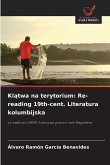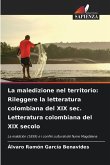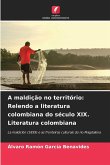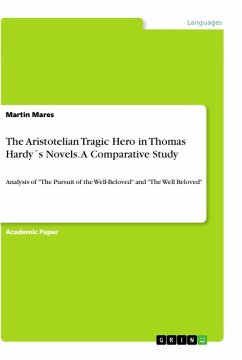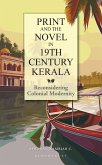This study re-evaluates Manuel María Madiedo's La maldición (1859) beyond its traditional classification as costumbrista literature. Drawing on narratology, historical geography, and neobaroque aesthetics, the book explores how the novel engages with the cultural, racial, and territorial tensions of 19th-century Colombia. It situates the figure of the arrochelado and the region's libres de todos los colores at the heart of the national narrative, revealing submerged histories and alternative forms of habitation along the Magdalena River. Through narrative ambiguity, irony, and symbolic landscapes, Madiedo's work critiques liberal ideals and enacts a hybrid literary form that challenges hegemonic representations of space and identity. By uncovering these layers, the research contributes to broader discussions of subaltern agency, literary form, and the cultural construction of Colombian territory.
Bitte wählen Sie Ihr Anliegen aus.
Rechnungen
Retourenschein anfordern
Bestellstatus
Storno


